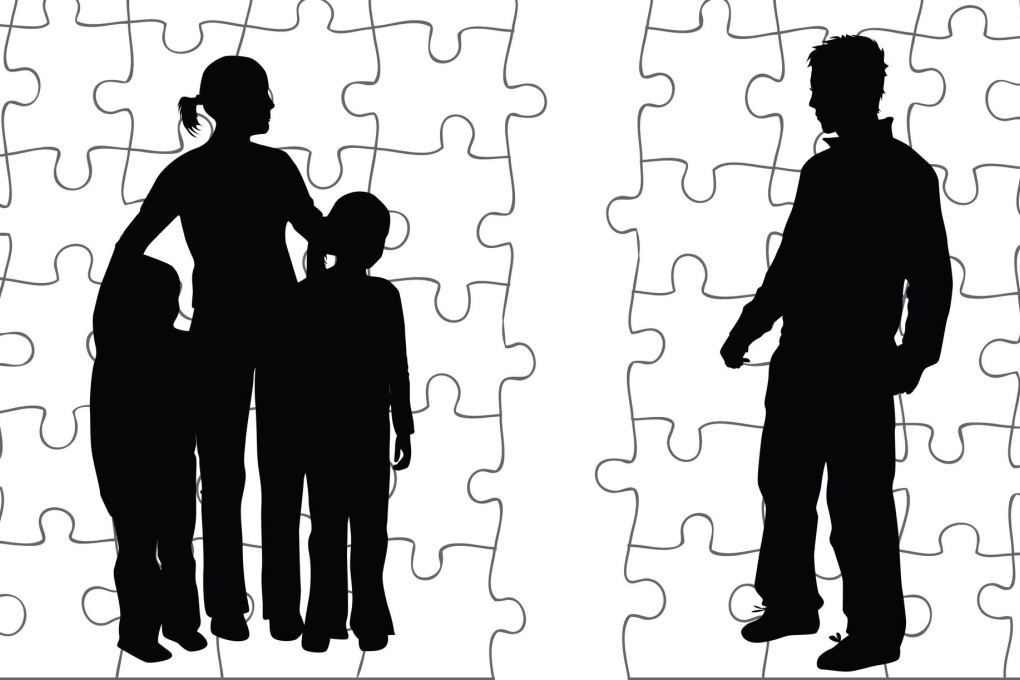How conflict between separated parents affects their children
The longer children are put in the middle of parental conflict, the more emotional and psychological trauma they will experience

Experienced teachers will tell you that when young children first start school, how they settle into the new environment depends on how confident they are and how the parent handles the separation.
As parents, it is our job to help the child overcome the fear of the new environment and people. During postgraduate training, I spent a year observing four children as they arrived and were picked up from school, and found that nervous mothers often fuelled anxiety in their children.
If a parent believes the separation will be difficult, the child is more likely to think school life is too hard.
Research in Britain during the second world war on child-parent interaction clearly suggested that how a mother reacted to a traumatic experience such as going into a shelter or constant bombing had a direct effect on how the children coped with the stress of danger. The mother's reactions not only affected how the children dealt with stress but also their life trajectory.
Another study published in Developmental Psychology in 1985 by James Sorce and others also supported the idea of infants' ability to observe their mother's emotional signals.
Neuroscience further confirmed the serendipitous discovery of mirror neurons, how children learn to decode (receive and interpret) facial expressions with emotions. When a mother frowns or shows disgust towards someone or something, the same regions of the child's brain become activated. So, if a mother shows anxiety during separation, her amygdala lights up and thus the child's amygdala lights up, and that triggers the emotional response of fight or flight.